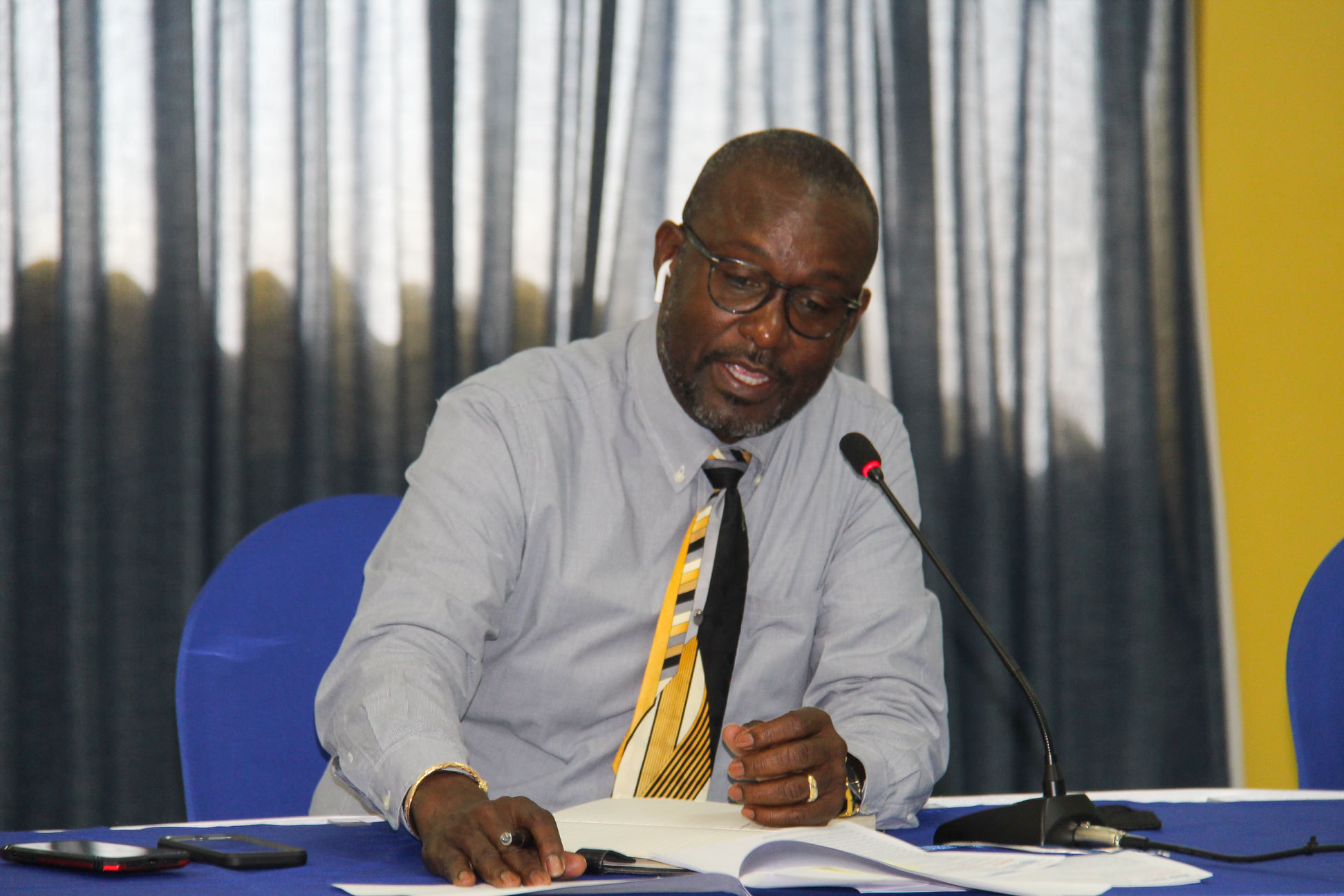The International Transport Workers’ Federation (ITF), International Union of Food, Agriculture, Hotel, Restaurant, Catering, Tobacco and Allied Workers’ Associations (IUF) are calling for more protections for workers and resilience building to ensure the travel and tourism sector thrives in the Caribbean.
In an open letter to the Caribbean Tourism Organisation (CTO), published to coincide with the CTO’s Tourism Month, the ITF, IUF and their Caribbean affiliates, call on the organisation to affirm its commitment to unity, recovery and sustainability in the region.
Eight out of ten of the most tourism-dependent countries globally are in the Caribbean. According to the World Travel and Tourism Council, tourism accounts for 11.5% of GDP in the Caribbean ($67.9bn) and 15.2% of jobs (2.78m) as of 2023 (F).
David Massiah, ITF’s Tourism Services Section Chair, said: “Despite the economic power the travel and tourism sector holds in the Caribbean, there are major issues threatening the industry and its workforce which must be urgently addressed.”

David Massiah
In a groundbreaking study on Environmental, Social and Governance (ESG) trends, projections, risks and opportunities in travel and tourism, released by the Tourism Workers’ Alliance in September this year, widespread poor labour conditions and a lack of decent work were found to create significant systemic risks.
Massiah, who is from Antigua and Barbuda, where tourism is estimated to contribute to 93% of the country’s GDP, added: “Tourism thrives when workers are safe, secure, motivated, and protected.”
With new modern slavery, due diligence and ESG regulations coming into force, the CTO must prioritise supporting businesses with monitoring, training and due diligence processes to protect workers and ensure social sustainability.
The climate crisis must also be urgently addressed through the establishment of a sustainable transport committee for a just transitions and safe destination. This would comprise representatives from the Ministry of Transport, ITF and IUF affiliated trade unions, ensuring tourism and travel workers have a seat at the decision-making table.

Rob Johnston, ITF’s Assistant General Secretary, said: “Actions speak louder than words – the CTO needs to practise what they preach this Caribbean Tourism Month and ensure that workers’ rights are at the heart of the industry’s growth. The future of tourism in the region depends on it.”
In the open letter, the ITF, IUF and their Caribbean affiliates, are advocating for six key asks:
- Strengthen collaborations and partnerships to ensure that national and regional government, labour representatives and the tourism private sector jointly address issues related to conditions of work in the tourism sector, for example through Destination Framework Agreements or memorandums of understanding (MoUs).
- Create a CTO Advisory Council that includes union representatives to ensure workers’ perspectives are integrated into national and regional tourism policies and initiatives.
- Build capacity to improve monitoring, measuring and reporting of Environmental, Social and Governance (ESG) issues. With new Modern Slavery and ESG regulations coming into place, unions can support businesses in developing indicators, monitoring, and reporting on direct and supply chain impacts on workers.
- Support and implement ambitious regulatory and monitoring frameworks with bold targets that protect people and the planet, including workers and human rights through the tourism supply chain. The UN Tourism’s Statistical Framework, and the newly developed ESG Framework for Tourism Businesses lead the way to fully integrate social sustainability and engagement with unions, and we call on CTO to follow their lead.
- Develop and promote guidelines and training for fair employment practices within the tourism sector, encouraging businesses to adopt practices that contribute to a resilient, motivated, and sustainable workforce, particularly for youth and women. Encourage tourism employers to support and integrate the International Labour Organization’s (ILO) decent work agenda in their business and across the supply chain.
- Establish a sustainable transport committee for a just transitions and safe destination comprising representatives from the Ministry of Transport, ITF and IUF affiliated trade unions, and tourism transport employers. The committee will identify key elements of a just transition to a zero-carbon transport sector, which has direct implications for destination and community resilience.
“We call on the CTO to work with us in building a travel and tourism industry in the Caribbean that’s sustainable in every sense of the word – environmentally, economically, and socially,” added Massiah.





